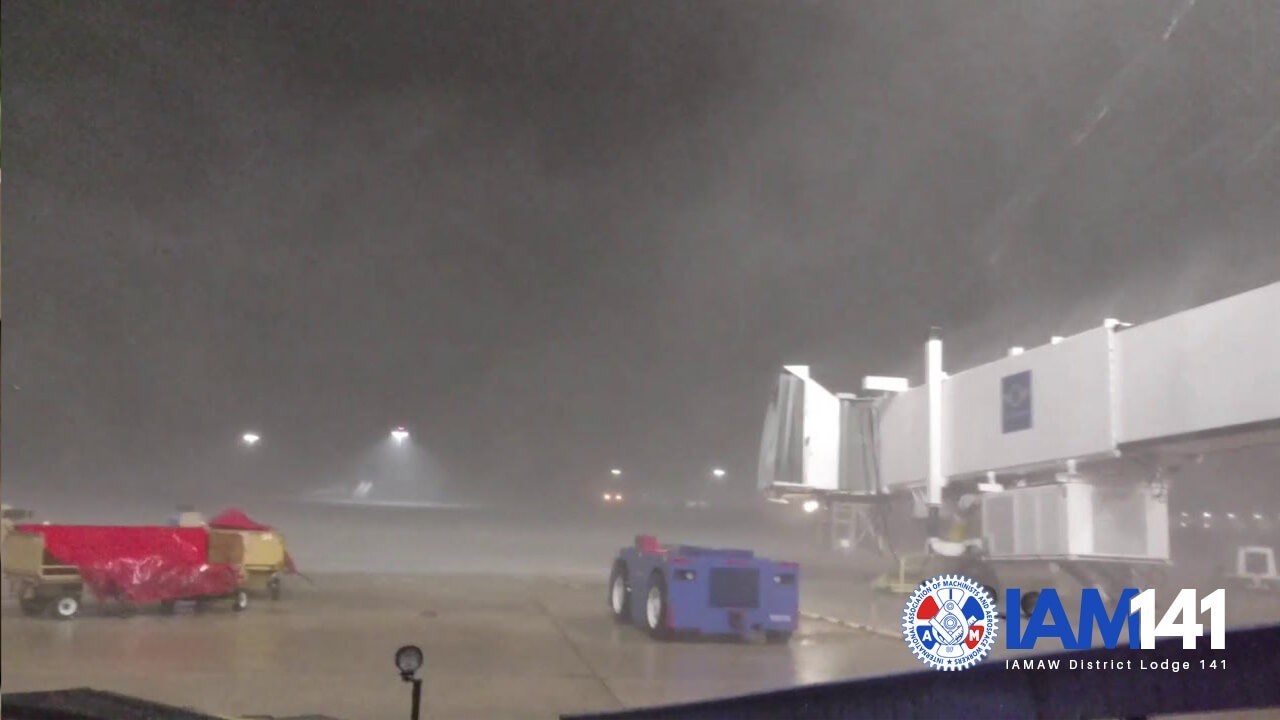
by Eric Price | Mar 5, 2019 | Airlines, American, Departments, Hawaiian, Home, Philippine, Safety, Spirit, United
A bolt of lightning struck a UPS ramp worker upside the head as he loaded a 757 freight plane at Clinton National Airport (LIT) this week. 52-year-old Darin Campbell is expected to make a full recovery after lightning struck him in the head while he was working a...
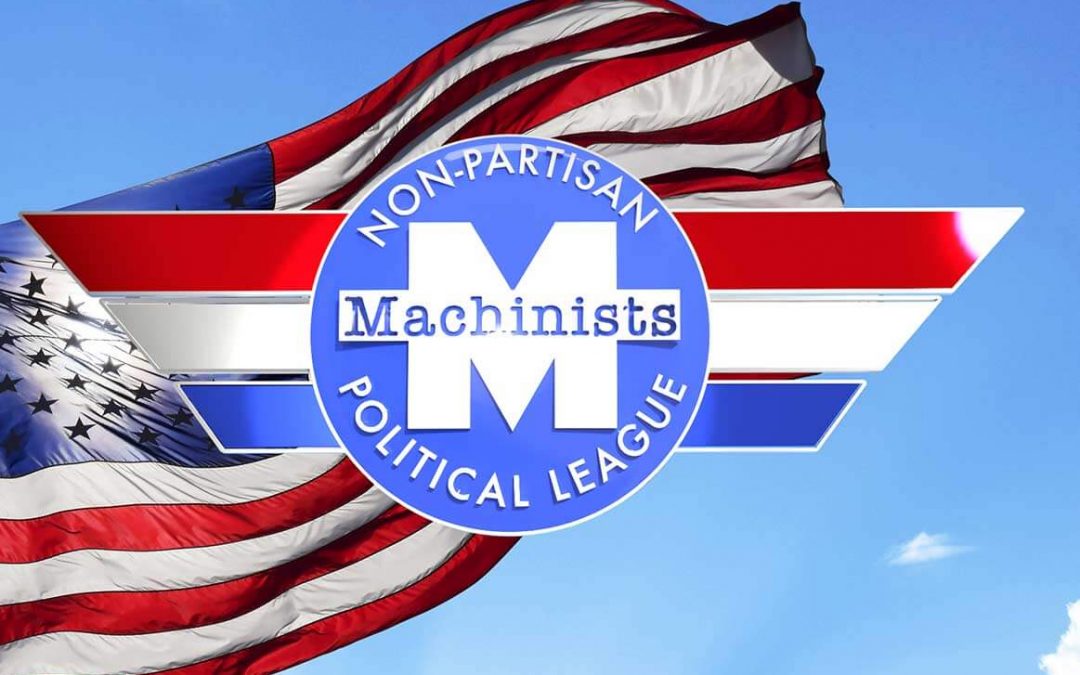
by Eric Price | Feb 21, 2019 | Airlines, American, Departments, Featured, Hawaiian, Home, MNPL, Organizing, Philippine, Spirit, United
Right to Work is coming to our nation’s airlines. When it arrives, the wages of all airline workers could be slashed within just a few years. Overall compensation could be cut by more than half. The good news: Missouri unions know how to stop it. There’s a...
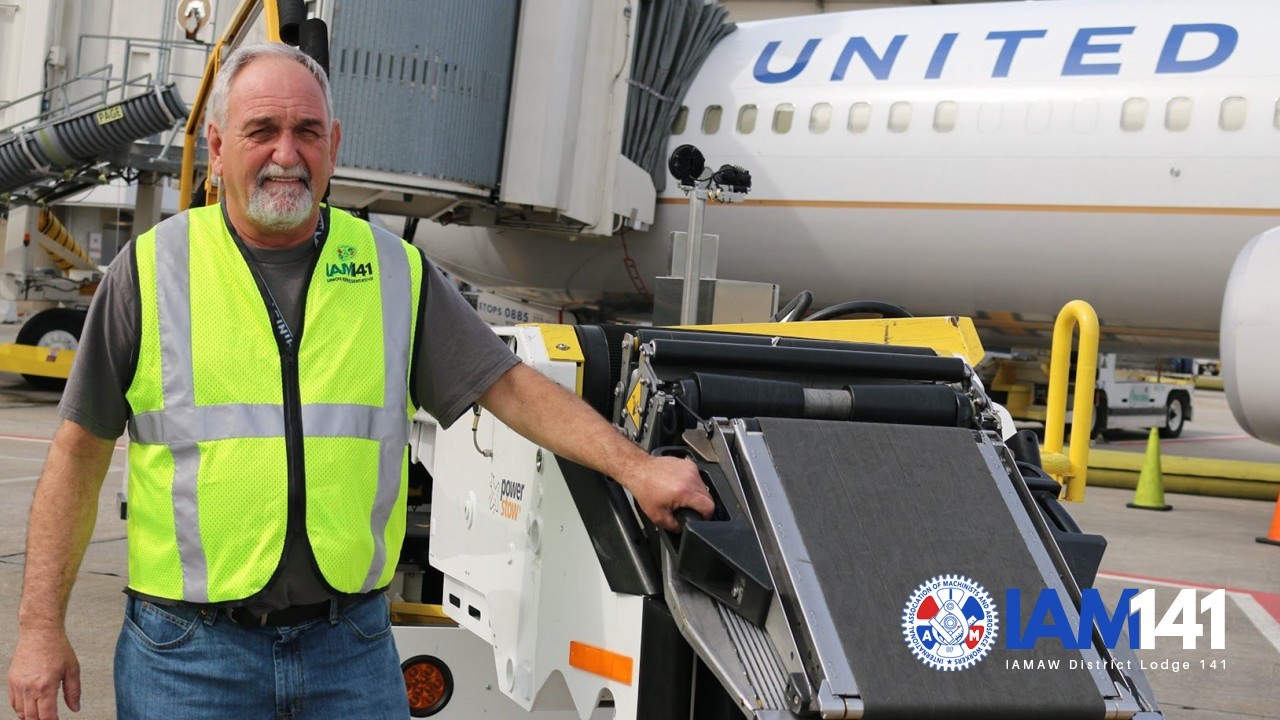
by Eric Price | Feb 15, 2019 | Airlines, American, Departments, Featured, Hawaiian, Home, Philippine, Safety, Spirit, United
Safety Advocates combine communication, partnerships and grassroots action to improve airline safety. With few exceptions, such as a notable tragedy aboard a Southwest flight last April, US carriers are currently building one of the safest periods in history for air...
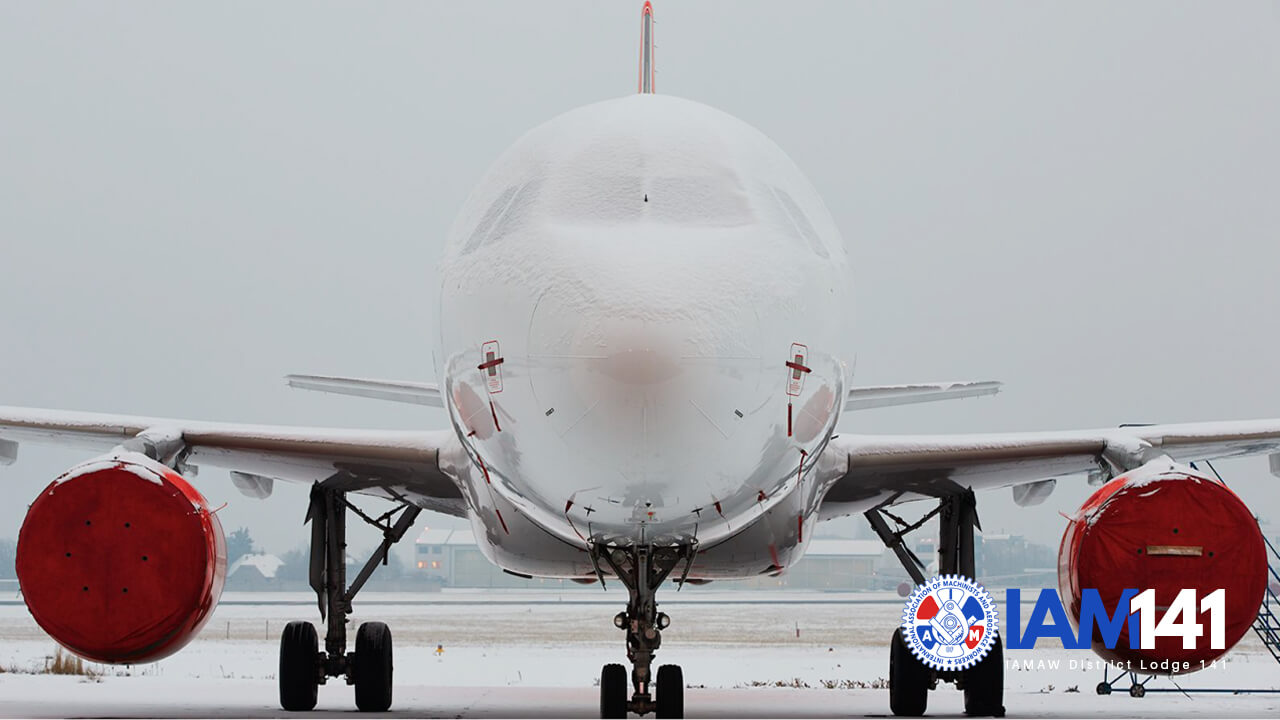
by Eric Price | Jan 29, 2019 | Airlines, American, Hawaiian, Home, Philippine, Spirit, United
The brutal Arctic blast striking the United States this week is making life a living hell for airport workers around the nation, including thousands working in Chicago’s O’Hare and Midway. Here are a few fast facts about the approaching Atomic Arctic Blast. Fact...
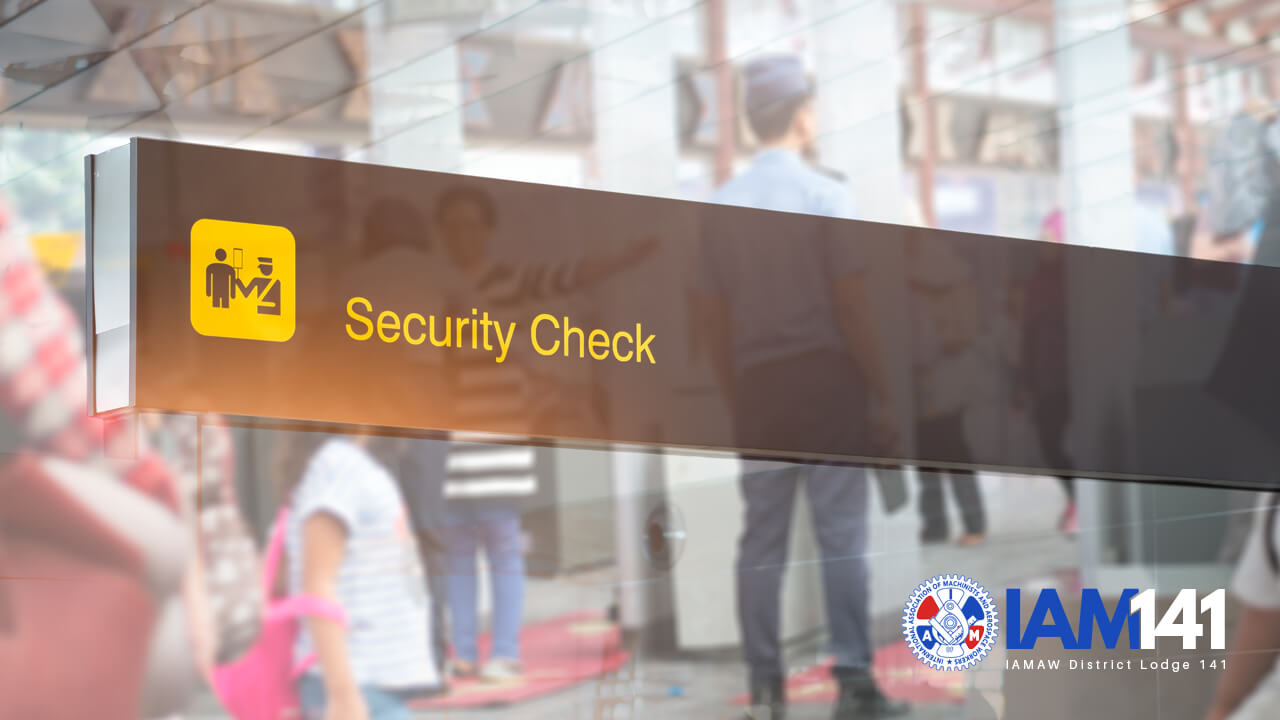
by Eric Price | Jan 18, 2019 | Airlines, American, Hawaiian, Home, Philippine, Spirit, United
The Four Most Important Things to Know About the TSA Sick Calls. Hundreds of TSA screeners are calling out sick during the government shutdown, now entering its fourth week. Here are four fast facts that people need to know about TSA while we all watch them get jerked...
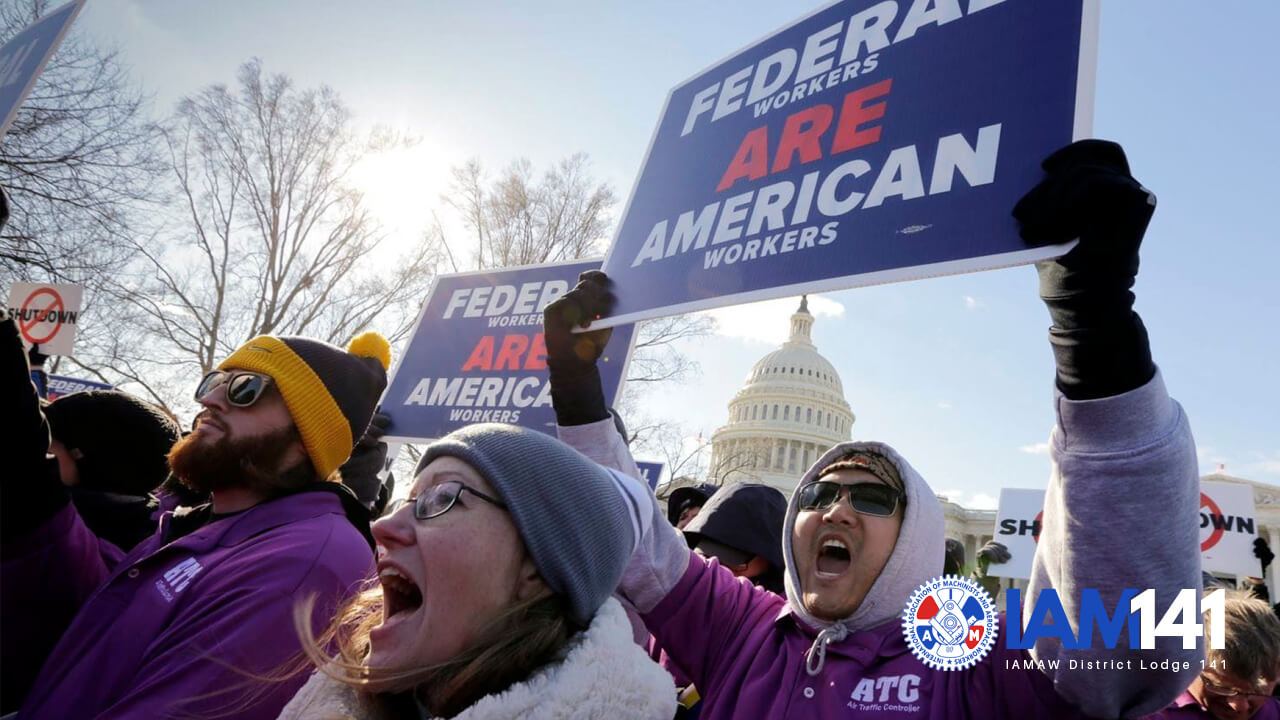
by Eric Price | Jan 16, 2019 | Airlines, American, Community Service, Departments, EAP, Education, Hawaiian, Home, MNPL, Organizing, Philippine, Safety, Spirit, United
Updated: 1/17/2019 The Federal Government shutdown began back in December, screwing over about 2 million workers and everyone who depends on them. This includes 51 thousand TSA Agents that keep our airlines moving. Here’s a running list of how the shutdown is...







